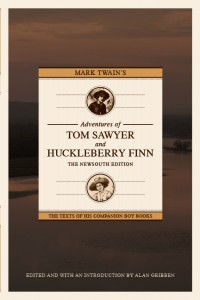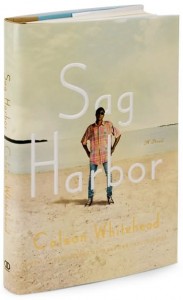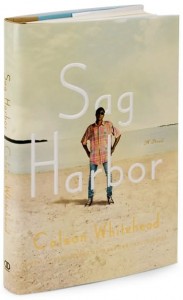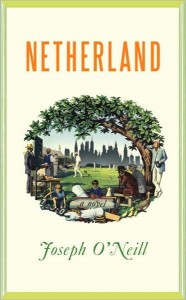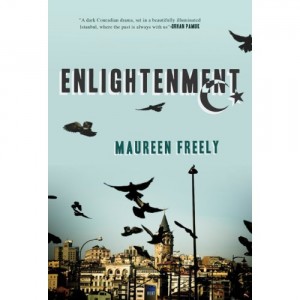Stories We Love: "Map of the City"
by Natalie Bakopoulos
Editor’s note: What? Isn’t Short Story Month over? Yes, it is—but that doesn’t mean we stop loving short stories. So here’s an encore round of “Stories We Love.” In “Map of the City,” a story from her new collection Separate Kingdoms, Valerie Laken portrays the life of an American college student in perostroika-era Moscow. The story is brilliantly structured—the names of Moscow metro stations head the various sections, each of which captures a new moment in time and space and thereby mimics the experience of using the subway: you descend into one station and resurface at another. Perestroika, after all, […]




